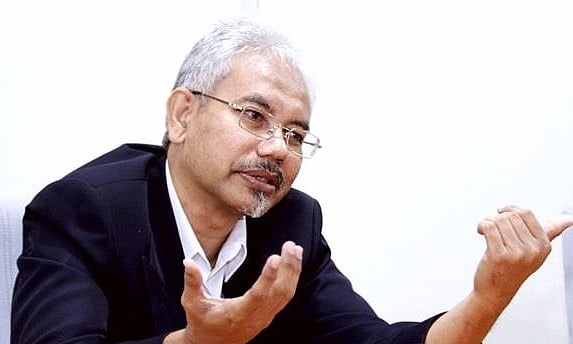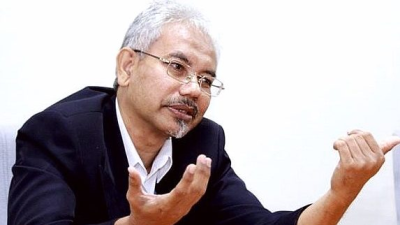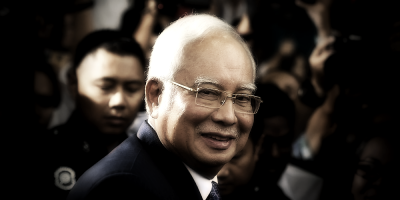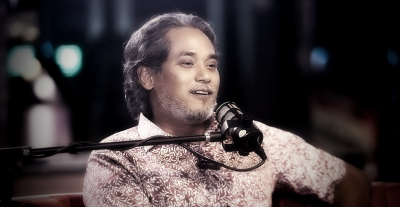
When my UCSI Professor WhatsApp group posted the talking points of the new minister of higher education recently, I heaved a sigh of relief.
It was overall a good statement and a good start.
The talking points more or less covered about half of what I have been writing concerning the direction of universities for the past 20 years.
For my “reward”, public universities have shunned my presence in any forum or keynote addresses because of their clear disagreement to the many criticisms and suggestions I have made.
Now, I feel a bit vindicated that the new Minister of Higher Education under the Unity Government lead by Datuk Seri Anwar Ibrahim has opened the doors to a possible new era of universities not just serving academics or their selfish leadership, but actually now serving students and society towards a meaningful change for nation-building and development.
I will deal with only two of the talking points that to me signal a possible shift in the paradigm of university for university’s sake to a university for society’s sake.
The first point that Khaled Nordin made was that the research culture towards the discovery of new knowledge was not simply for the senseless sake of ranking and “competition glamour” among universities.
The research culture is to spur not only innovative thinking but also nurture the “excitement” of discovery and knowledge dissemination.
It was interesting for me to note the use of the word “keseronokan” besides the task of research as this word had no longer any meaning in my observation of university research culture throughout three decades past.
I have always been against the glorification of ranking for ranking’s sake and research simply to fill in the inconsiderate MyRA points or Times Higher Education or other scales developed by those who have nothing better to do than make money from ranking exercises as well as count papers and citation scales.
I have been to many senate, faculty and departmental meetings that boringly roll off these silly markers of so-called excellence without an iota of statement on how some of these researches, papers, conferences and markers had changed anything within our own society.
Did we make the different races come together? Did we save thousands of cars from frequent flooding? Did we eradicate dengue fever from our housing estates? Did we proliferate the use of solar and clean energy in our society? Did we save much of our historic and ecologically precious landscape from over-development? Did we vote in competent Members of Parliament or ridiculous religious teachers who can’t see beyond their noses?
None of these researches or achievements indicate any change in our Malaysian society in the last 30 years of my personal observation.
Ask any journalist to name any four professors or research centers among the 100 universities in Malaysia, all of them would have a hard time doing so.
Secondly, Khaled Nordin mentioned the role of knowledge as a tool for social development.
He mentioned that the universities must not only “syok sendiri” (my own term, not the minister) among its own league but its reach must encompass the betterment of the society.
Universities can’t just talk about spirituality of all faiths in the seminar room but must share that finding with the rest of the society through media and public engagement.
Much of the Islamic extremism that we see in the last GE15 was never dealt with by any professor or research group to stem the tide.
With much of our population having a tertiary education, the ease of which radical and extremist elements had spread among the electorates shows the failed level of critical thinking and the core aspect of nation-building in the religious and political teachings of students and the young populace.
Universities are, for me, the culprit of this extremism, not opportunist politicians from one group or race or religion.
The seeds of ignorance were already sown 30 years ago by the culture of education of universities that disallowed critical discourse in the halls of academia and frown upon any act deemed “anti-government.”
The closing of the gates and switching off the electricity by Universiti Malaya, so-called the beacon of Malaysia’s academic excellence, is still fresh in my memory when Anwar Ibrahim was denied a lecture and engagement session there.
Ironically, that same man that UM refused entry now is called the 10th Prime Minister of Malaysia.
The International Islamic University also must carry the scars of intolerance and narrow-mindedness that saw it too switching off electricity and chasing students away when the only thing the students wanted was to have an engagement session with all politicians of every divide.
For shame these two universities. Khaled Nordin should perhaps start by reviewing the tenure of these two universities’ leadership to walk his talk.
I have always said that AUKU or the dreaded University and College Act was never a hindrance to academic freedom or progress.
Yes, it was designed to curb academic and student dissent. But the real culprit is the academic culture that was forged later on by the leadership and the academics themselves that set the downfall of the university in Malaysia.
I have also always said that the University is the test of First Nation. If we see in the university’s polarization between races and divides between religious faiths as well as uncritical thoughts supporting bigotry, racism and extremism in politics, then this nation will die.
The new graduates who will helm the reign of this nation are first trained in the university, and if we fail as a nation, then the rot must have started right there at the university, not in the halls of parliament.
Academics must not only have the zeal for knowledge discovery and a professional work attitude but they must also be imbued with the spiritual responsibility of making the right changes in the society.
We cannot hope for politicians to change this country, but change must come in all of us especially the teachers of the new leaders of this nation.
Much needs to be done to reorient the university back to its original and sacred responsibility.
We hope that Khaled and the Unity Government can usher in a new era of hope and betterment towards the University as the Conscience of Society.
(Prof Dr. Mohd Tajuddin Mohd Rasdi is Professor of Architecture at a local university and his writing reflects his own personal opinion entirely.)
ADVERTISEMENT
ADVERTISEMENT





































